1958 WAS a year of dramatic change, marked by political shifts, scientific progress, and powerful cultural moments. Around the world, Cold War tensions were rising, and the space race accelerated as the United States responded to Soviet advances by founding NASA. In France, Charles de Gaulle returned to power during a national crisis, replacing the fragile Fourth Republic with a stronger presidential system under the Fifth.
In Britain, the Notting Hill race riots exposed growing social divisions, while the Munich air disaster shocked the nation with the loss of eight Manchester United players. At the same time, culture was evolving fast. Cliff Richard released his debut single, Elvis Presley reported for army duty, and the Atomium towered over Brussels as a symbol of post-war optimism. From politics and protest to music, sport, and science, 1958 was a turning point that shaped the modern world.
Explore our newspaper archives to purchase your own authentic 1958 newspaper!
January
1 January: The European Economic Community (EEC) comes into force with six founding nations aiming to create a common market and economic unity across Western Europe.
6 January: Gibson Guitar Corporation introduces the Flying V model, an innovative and futuristic guitar design that will later become iconic in rock music.
8 January: Fourteen-year-old Bobby Fischer wins the United States Chess Championship, becoming the youngest champion in American history at the time.
16 January: The UK Home Secretary outlines proposals to improve the adoption system, including making it more accessible for unmarried applicants.
28 January: Danish physicist Niels Bohr gives a public lecture in Copenhagen warning of the existential threat posed by nuclear proliferation and urging global cooperation.
30 January: The first two-way transatlantic telephone cable is officially opened between the UK and Canada, significantly improving international communication.
31 January: The United States successfully launches Explorer 1, its first satellite, carrying scientific instruments that detect the Van Allen radiation belts.
31 January: Egypt and Syria formally agree to form the United Arab Republic, a political union aimed at promoting Arab unity under the leadership of President Nasser.
February
1 February: The United Arab Republic is officially proclaimed, uniting Egypt and Syria under President Gamal Abdel Nasser in a move welcomed by pan-Arabists.
2 February: Manchester United beats Arsenal 5 – 4 at Highbury in their last league game before the Munich air disaster, remembered for its fast-paced attacking football.
Explore the newspaper history of Manchester United

6 February: British European Airways Flight 609 crashes on its third takeoff attempt from a snowy runway in Munich, killing 23 people, including 8 Manchester United players.
8 February: Nasser is formally confirmed as President of the United Arab Republic following an overwhelming public vote in both Egypt and Syria.
10 February: The Benelux Economic Union is implemented, creating closer economic integration between Belgium, the Netherlands, and Luxembourg.
14 February: Iraq and Jordan establish the Arab Federation in response to the formation of the United Arab Republic, aiming to preserve Hashemite interests.
19 February: British archaeologist Sir Leonard Woolley dies at age 78. He is best known for leading the excavation of the ancient city of Ur in Mesopotamia.
21 February: Gerald Holtom’s peace symbol is publicly unveiled in London by anti-nuclear campaigners preparing for a march to Aldermaston.
28 February: A school bus and train collide at a level crossing in Preston, Lancashire, killing 9 people and prompting a review of rural safety measures.
March
1 March: The International Geophysical Year officially ends after 18 months of global scientific collaboration, including breakthroughs in polar research and seismology.
2 March: A fire breaks out at the Monarch Underwear Company in New York City, killing 24 garment workers and raising questions about fire safety in older buildings.
11 March: A U.S. B-47 bomber accidentally drops a nuclear bomb near Florence, South Carolina. The nuclear core is absent, but the conventional explosion injures six civilians.
17 March: The U.S. successfully launches Vanguard 1, the world’s first solar-powered satellite, which remains in orbit for decades as a scientific tool.

Launch of the Vanguard rocket. Image: Wikipedia
18 March: The UK Parliament passes the Life Peerages Act, allowing women and life appointees to sit in the House of Lords for the first time.
20 March: Alfred Hitchcock’s Vertigo premieres in San Francisco, introducing audiences to a complex psychological mystery that will later become a cinematic classic.
25 March: Canada’s Chalk River nuclear facility activates its NRU reactor, marking a significant moment in the country’s civilian nuclear programme.
30 March: Elvis Presley enters active duty service in the U.S. Army after being drafted, pausing his music career and gaining extensive media attention.
April
1 April: The BBC airs a spoof report on the Swiss spaghetti harvest as part of its Panorama programme, fooling viewers in what becomes a legendary April Fools’ prank.
3 April: Rebel forces led by Fidel Castro ambush government troops in Santiago de Cuba, gaining territory as the Cuban Revolution intensifies.
4 April: In Beverly Hills, Cheryl Crane, the teenage daughter of actress Lana Turner, fatally stabs her mother’s boyfriend Johnny Stompanato during a domestic altercation.

Lana Turner with daughter Cheryl Crane, 1958. Image: Wikipedia
9 April: U.S. President Eisenhower authorises the formation of NASA, consolidating space activities under a new civilian agency.
12 April: Belgium hosts its first Eurovision Song Contest selection, reflecting the growing popularity of the competition across Europe.
14 April: Larisa Latynina of the USSR wins the women’s all-around title at the European Gymnastics Championships in Belgrade.
18 April: Cat on a Hot Tin Roof, adapted from Tennessee Williams’ play, opens in London starring Elizabeth Taylor to critical acclaim.
27 April: Vice President Nixon is mobbed by angry demonstrators in Lima, Peru during a goodwill tour, highlighting rising anti-American sentiment in Latin America.
May
3 May: My Fair Lady opens at the Theatre Royal, Drury Lane in London, bringing its Broadway success to British audiences with Julie Andrews and Rex Harrison reprising their roles.

6 May: Alfred Hitchcock’s Vertigo is released in U.S. cinemas, earning mixed reviews upon release but destined to become a critically acclaimed masterpiece.
13 May: French Prime Minister Pierre Pflimlin resigns amid protests over the Algerian War, leading to demands for Charles de Gaulle’s return to power.
14 May: The Soviet Union launches Sputnik 3, a heavy scientific satellite designed to collect data on cosmic rays, the Earth’s magnetic field, and atmospheric pressure.
17 May: Manchester City wins the FA Cup Final at Wembley, defeating Bolton Wanderers 3 – 1 in a match noted for its attacking play and sporting spirit.
Delve deeper into the history of Manchester City FC

19 May: The U.S. conducts “Wahoo,” an underwater nuclear test in the Pacific as part of Operation Hardtack, to study underwater shockwaves and radiation.
23 May: British author Ian Fleming publishes Dr. No, introducing the titular villain and setting the stage for the first James Bond film adaptation.
27 May: Ernest Green becomes the first Black student to graduate from Little Rock Central High School, marking a milestone in the U.S. civil rights movement.
June
1 June: Charles de Gaulle is appointed Prime Minister of France and granted sweeping emergency powers to stabilise the country during the Algerian War crisis.
4 June: The Danish Parliament passes a law granting women equal rights in employment and pay, placing Denmark among Europe’s leaders in gender equality reforms.
8 June: The UK’s first nuclear power station at Calder Hall in Cumbria begins full commercial operation, supplying electricity to the national grid.
13 June: The BBC launches Grandstand, a Saturday afternoon sports show that becomes a fixture of British television for decades.
15 June: Imre Nagy, leader of the 1956 Hungarian Uprising, is secretly executed in Budapest after a closed trial by Soviet-backed authorities.
17 June: Italy and Yugoslavia sign the London Memorandum, settling the post-war border dispute over Trieste and normalising diplomatic relations.
25 June: Queen Elizabeth II opens the new terminal at Gatwick Airport, featuring modern facilities and a direct rail link to London.
29 June: Brazil defeats Sweden 5 – 2 to win the FIFA World Cup, with 17-year-old Pelé scoring twice and becoming an international football sensation.
July
1 July: The International Geophysical Year concludes after major contributions to Earth sciences, including global seismic and polar data collection.
4 July: BOAC announces plans to begin regular transatlantic jet service using the Comet 4, reducing journey times and transforming long-distance air travel.
7 July: U.S. President Eisenhower signs the Alaska Statehood Act, allowing Alaska to become the 49th American state upon local ratification.
9 July: Widespread power outages hit southern England during a heatwave, exposing vulnerabilities in the national grid infrastructure.
14 July: A military coup in Iraq overthrows King Faisal II and declares a republic, marking the end of Hashemite rule and a shift in Middle Eastern politics.
15 July: U.S. Marines land in Beirut at the request of Lebanon’s President to restore order following political unrest tied to regional instability.
17 July: Prime Minister Harold Macmillan visits Washington for Cold War strategy talks with President Eisenhower, affirming Anglo-American unity.
25 July: The Royal Navy scraps HMS Vanguard, the last British battleship, symbolising a strategic shift toward modern naval warfare.
August
1 August: The Maudsley Hospital in London opens the UK’s first dedicated adolescent psychiatric unit, addressing growing awareness of youth mental health needs.
3 August: The nuclear-powered submarine USS Nautilus completes the first underwater transit of the North Pole, a major achievement in Cold War naval technology.
5 August: The Queen Mother undergoes an emergency appendectomy in London and recovers fully, reassuring the public amid concern.
9 August: The UK government tightens immigration procedures for Commonwealth citizens amid rising social tensions in urban areas.
14 August: Canada unveils the Avro Arrow, a cutting-edge supersonic fighter jet that showcases the nation’s aerospace capabilities.
17 August: Miles Davis records material for the landmark jazz album Kind of Blue in New York, influencing generations of musicians.
21 August: The City of Westminster installs London’s first parking meters in Mayfair, introducing time-based street regulation for motorists.
23 August: Chinese military activity near the Taiwan Strait increases sharply, prompting international concern about regional stability.
September
1 September: Iceland extends its fishing zone to 12 nautical miles, prompting immediate objections from Britain and escalating tensions in the ongoing Cod Wars.
2 September: A powerful earthquake strikes the Khorasan region of Iran, killing more than 100 people and damaging dozens of remote villages.
4 September: Billboard Magazine publishes its first Hot 100 chart, with Ricky Nelson’s “Poor Little Fool” at number one, launching a new industry standard for music rankings.
5 September: The UK government announces plans for the construction of the M1 motorway, the country's first long-distance high-speed road.
6 September: English musician Tim Booth is born in Bradford. He would later gain fame as the lead singer of the band James.
15 September: The Soviet Union attempts to send Lunik 1 to the Moon, but the probe fails to leave Earth orbit, marking a technical setback in the early space race.
17 September: Martin Luther King Jr. is stabbed in the chest during a book signing in Harlem. He survives the attack after emergency surgery.
Learn more about the Civil Rights Movement through newspaper headlines

23 September: The Royal Air Force officially retires the Lancaster bomber, ending the operational use of a legendary aircraft from World War II.
October
1 October: NASA formally begins operations as the United States' civilian space agency, consolidating earlier defence-related research bodies.
4 October: BOAC launches the world’s first regular transatlantic jet service between London and New York using the De Havilland Comet 4.
5 October: Cliff Richard releases his debut single “Move It,” widely regarded as Britain’s first authentic rock ‘n’ roll record.
7 October: Pope Pius XII dies in Rome after serving nearly 20 years as head of the Catholic Church.
9 October: Cardinal Roncalli is elected Pope John XXIII. His papacy will soon initiate the Second Vatican Council, transforming church doctrine.
14 October: Strong winds damage Paddington Station’s iconic clock tower, prompting major structural repairs.
21 October: The U.S. carries out the “Teak” high-altitude nuclear test in the Pacific, producing an intense visual display visible across hundreds of miles.
28 October: The Atomium opens in Brussels as part of Expo 58, symbolising peace, science, and atomic optimism in the postwar world.
November
1 November: The Brussels World's Fair, Expo 58, officially closes after six months of exhibitions, having drawn over 41 million visitors. The event symbolised post-war optimism and showcased modern design, technology, and international cooperation.
3 November: President Charles de Gaulle visits Algeria, delivering a speech that promises political reform and expanded rights for Algerian Muslims. His visit is met with a mix of support and scepticism amid the ongoing war for independence.
4 November: The Soviet Union issues an ultimatum demanding that Western forces withdraw from Berlin within six months. The threat heightens Cold War tensions and sets the stage for the Berlin Crisis of 1959.
5 November: The Power and the Glory, based on Graham Greene’s acclaimed novel, opens at the National Theatre in London. The production receives critical praise for its exploration of faith and persecution.
8 November: American jeweller Harry Winston donates the 45.52-carat Hope Diamond to the Smithsonian Institution. The gem is sent via registered post and becomes the centrepiece of the national gem collection.
12 November: A coal mine disaster in Springhill, Nova Scotia traps 81 miners after a massive underground collapse. Seventy-five die, while 12 are rescued in a dramatic survival story that captures global headlines.
18 November: Scotland hosts Northern Ireland in a tense World Cup qualifier at Hampden Park, which ends in a 2 – 2 draw. The result helps Scotland secure a place in the 1958 tournament in Sweden.
28 November: Johnny Cash releases “Don’t Take Your Guns to Town,” a cautionary ballad that becomes one of his most commercially successful singles and reinforces his outlaw persona.
December
1 December: A devastating fire destroys the Pavilion Theatre on Southend Pier, one of Britain’s most historic seaside entertainment venues. The pier itself survives, but the loss prompts restoration appeals.
3 December: The United Kingdom signs a new tripartite defence agreement with Australia and the Federation of Malaya. The pact strengthens Commonwealth cooperation in Southeast Asia during a period of Cold War instability.
5 December: Margaret Thatcher is selected as the Conservative parliamentary candidate for Dartford, becoming one of the youngest female candidates. Her selection marks the start of a historic political career.

10 December: Russian writer Boris Pasternak formally declines the Nobel Prize for Literature after intense pressure from Soviet authorities, who condemned the publication of Doctor Zhivago abroad.
14 December: Voters in France approve a new constitution that establishes the Fifth Republic. The new system grants sweeping executive powers to the president and replaces the unstable Fourth Republic.
17 December: The United States launches Project SCORE, the world’s first communications satellite. It broadcasts a pre-recorded Christmas message from President Eisenhower, signalling a new era in global telecommunications.
20 December: Charles de Gaulle is elected as the first President of the French Fifth Republic by an electoral college, winning with more than 78 percent support. His presidency solidifies the new governmental structure.
24 December: Queen Elizabeth II delivers her annual Christmas broadcast by television for the first time, addressing the nation directly from Buckingham Palace. The broadcast is seen by millions across the UK and Commonwealth.
Key Events of 1958
The Launch of NASA
THE OFFICIAL creation of the National Aeronautics and Space Administration (NASA) in October 1958 marked a turning point in the Cold War space race. Formed in response to the Soviet Union’s successful Sputnik launches, NASA absorbed existing American space research agencies and set the stage for the United States’ rapid expansion in aerospace science. Its launch signalled a shift from military to civilian control of space exploration, and within months it would initiate Project Mercury, laying the foundation for human spaceflight. NASA’s founding represented not only scientific ambition but also national pride, as space became the new frontier for superpower rivalry and technological prestige.

A security guard examines the new sign near the entrance to the Lewis Research Center one day after the NASA was officially established. Image: Wikipedia
Key Event: The Notting Hill Race Riots
IN August 1958, violent clashes erupted in Notting Hill, London, when white mobs attacked Caribbean residents over several nights. The unrest, which followed growing tensions around immigration and housing in the post-war period, revealed the deep racial divisions emerging in British society. Though largely sparked by local incidents, the riots exposed systemic inequality and the resentment faced by new Commonwealth arrivals. Public reaction was mixed, with calls for stricter immigration controls as well as for anti-discrimination laws. The events had lasting impact, leading to the formation of civil rights organisations in the UK and playing a key role in shaping future race relations policy.
Key Event: Charles de Gaulle’s Return to Power
AMID France’s deepening crisis over Algeria, Charles de Gaulle returned to power in June 1958 with a mandate to restore national stability. Granted emergency powers by the French National Assembly, he quickly began drafting a new constitution that replaced the unstable Fourth Republic with a stronger presidential system. By December, he was elected President under the new Fifth Republic with overwhelming support. De Gaulle’s return ended months of political paralysis and military rebellion, and reshaped France’s role in world affairs. His presidency would go on to redefine both French governance and the decolonisation process in Africa and the Middle East.
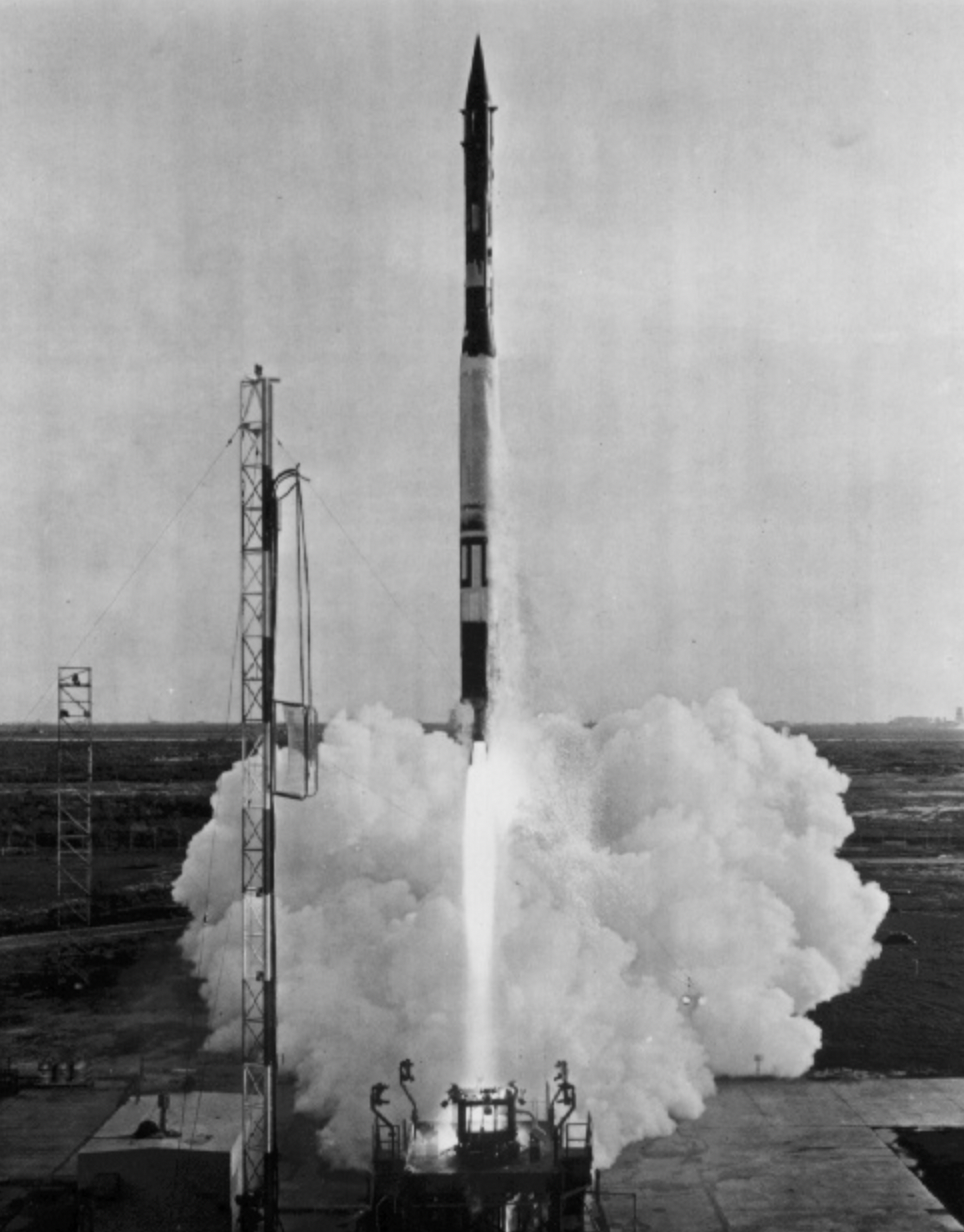


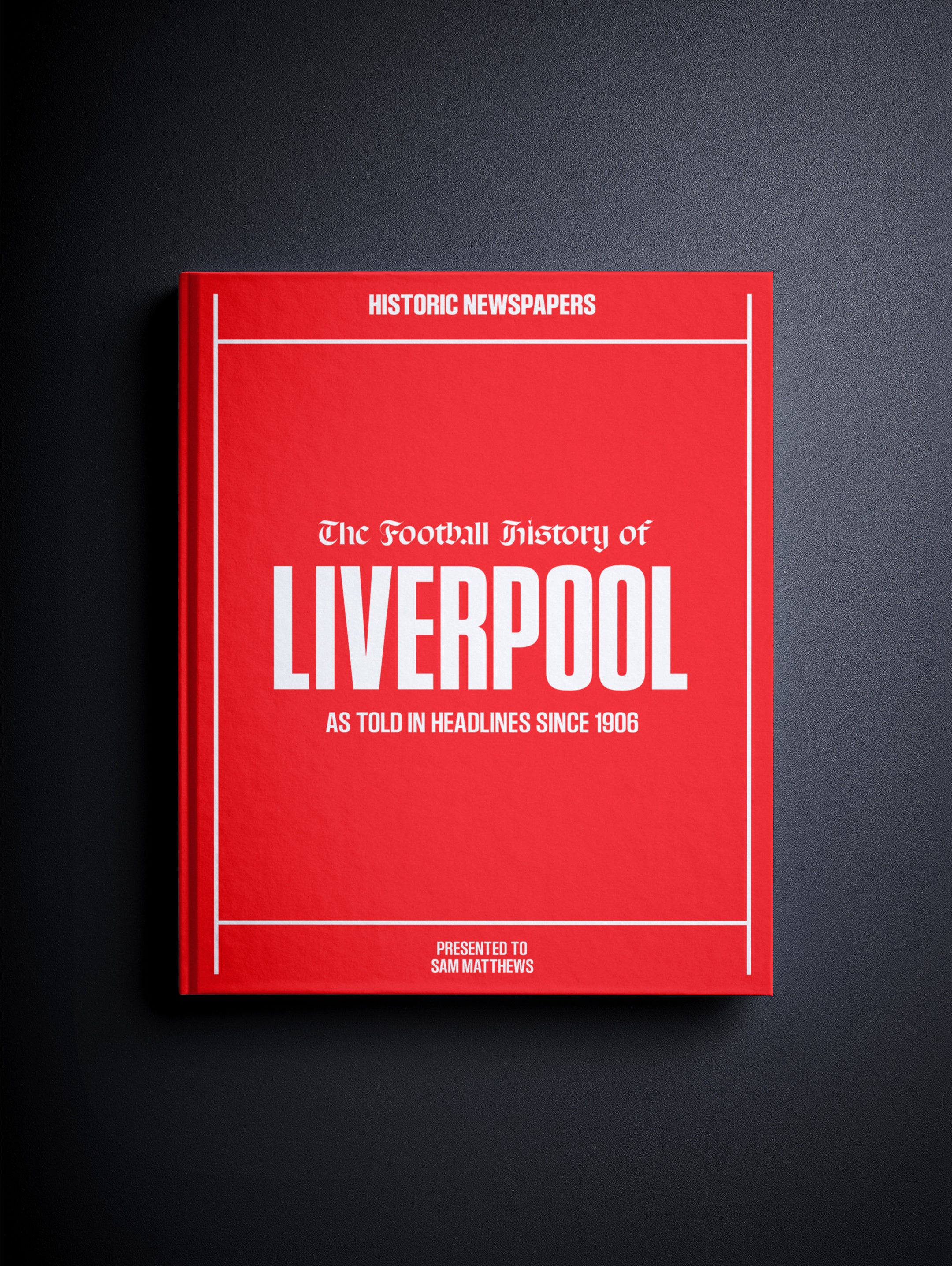
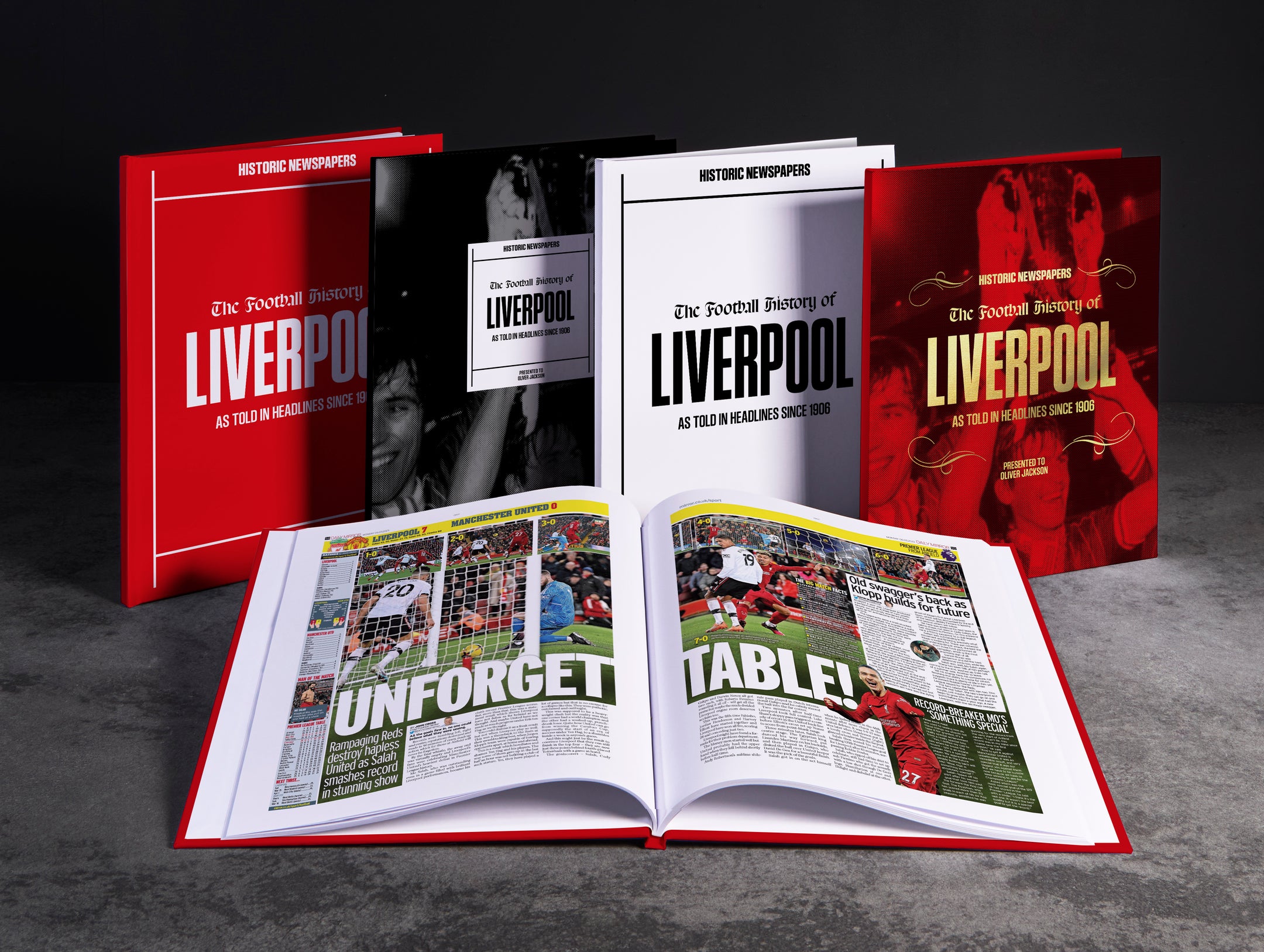


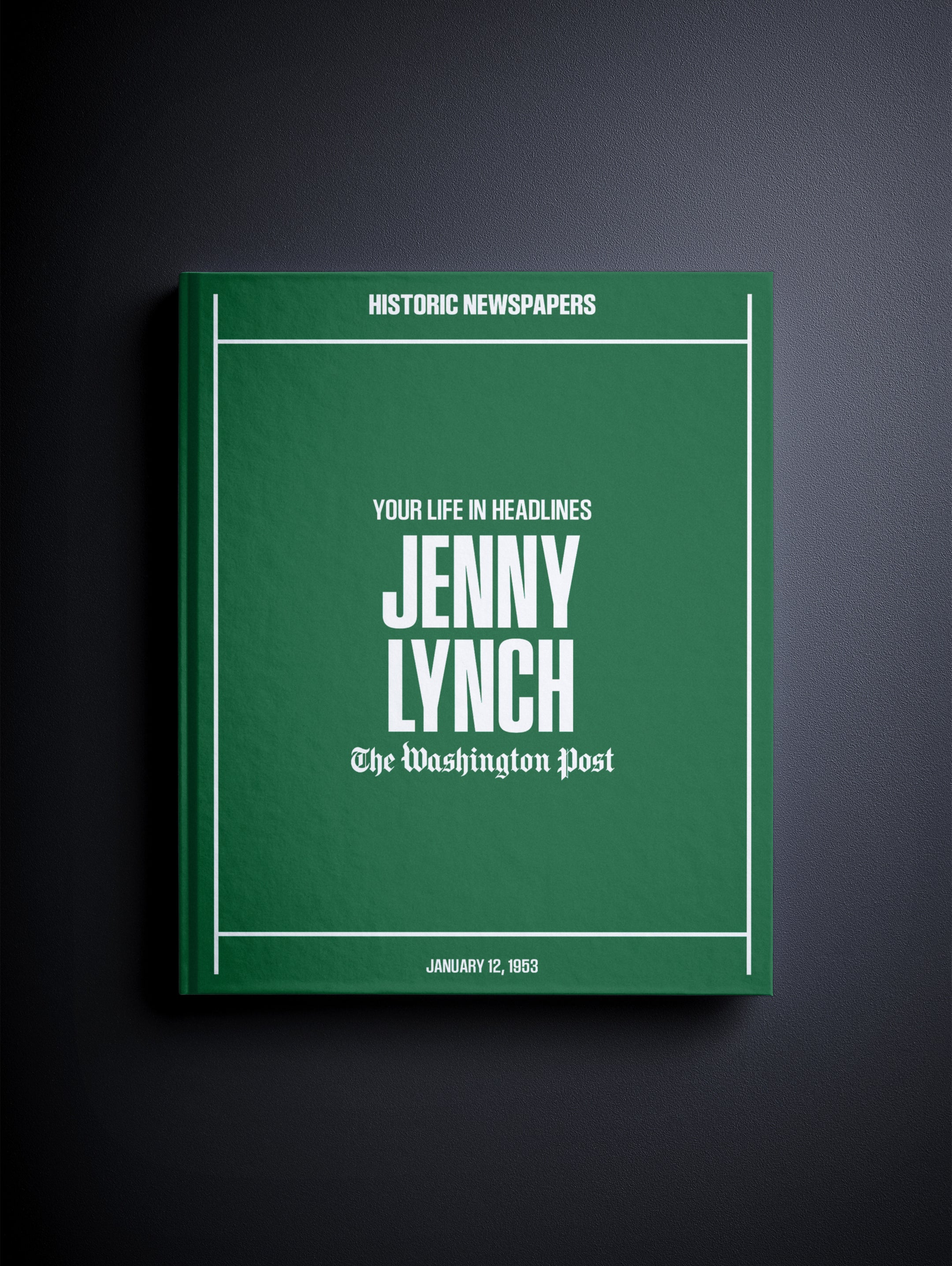
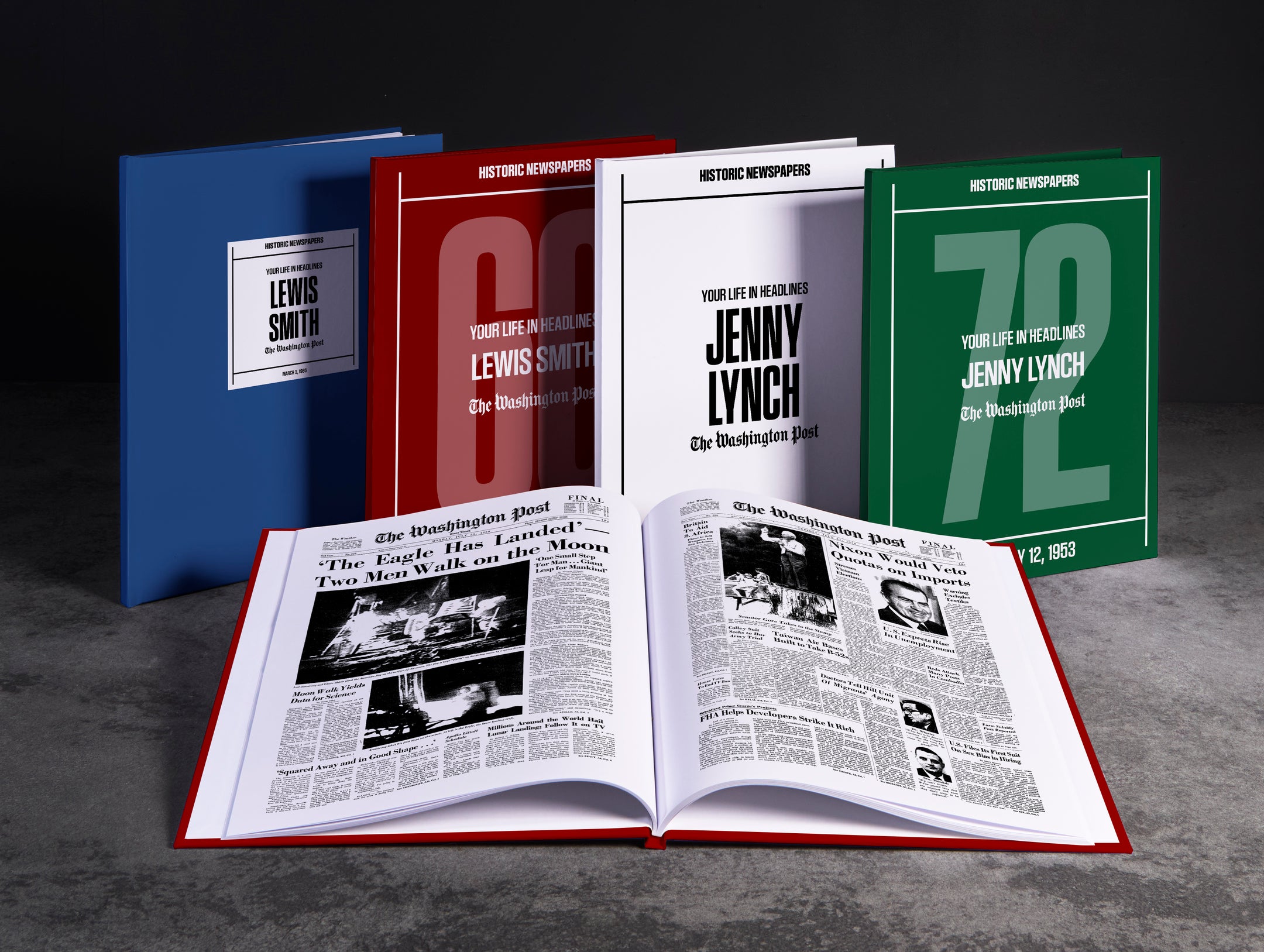
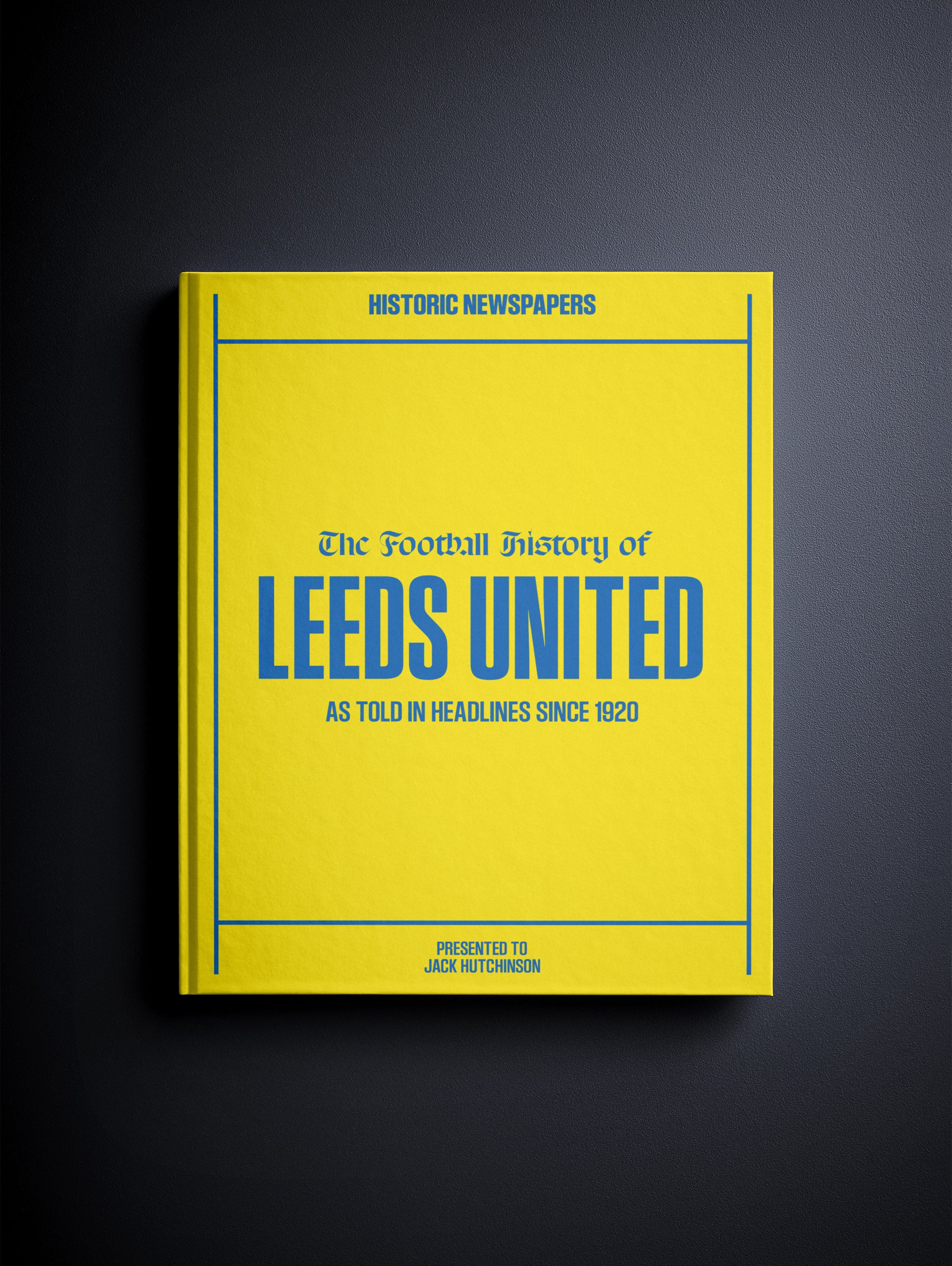



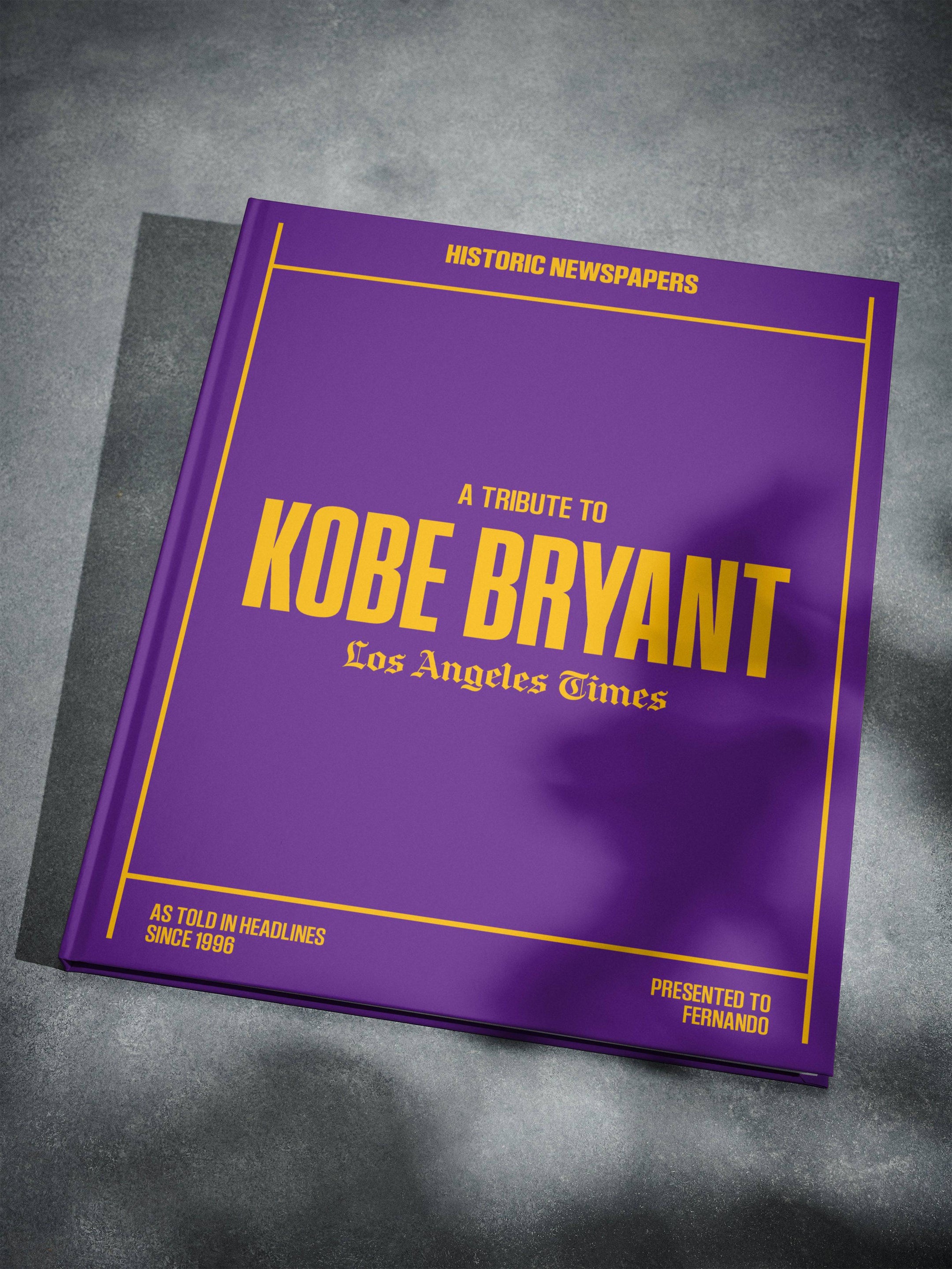
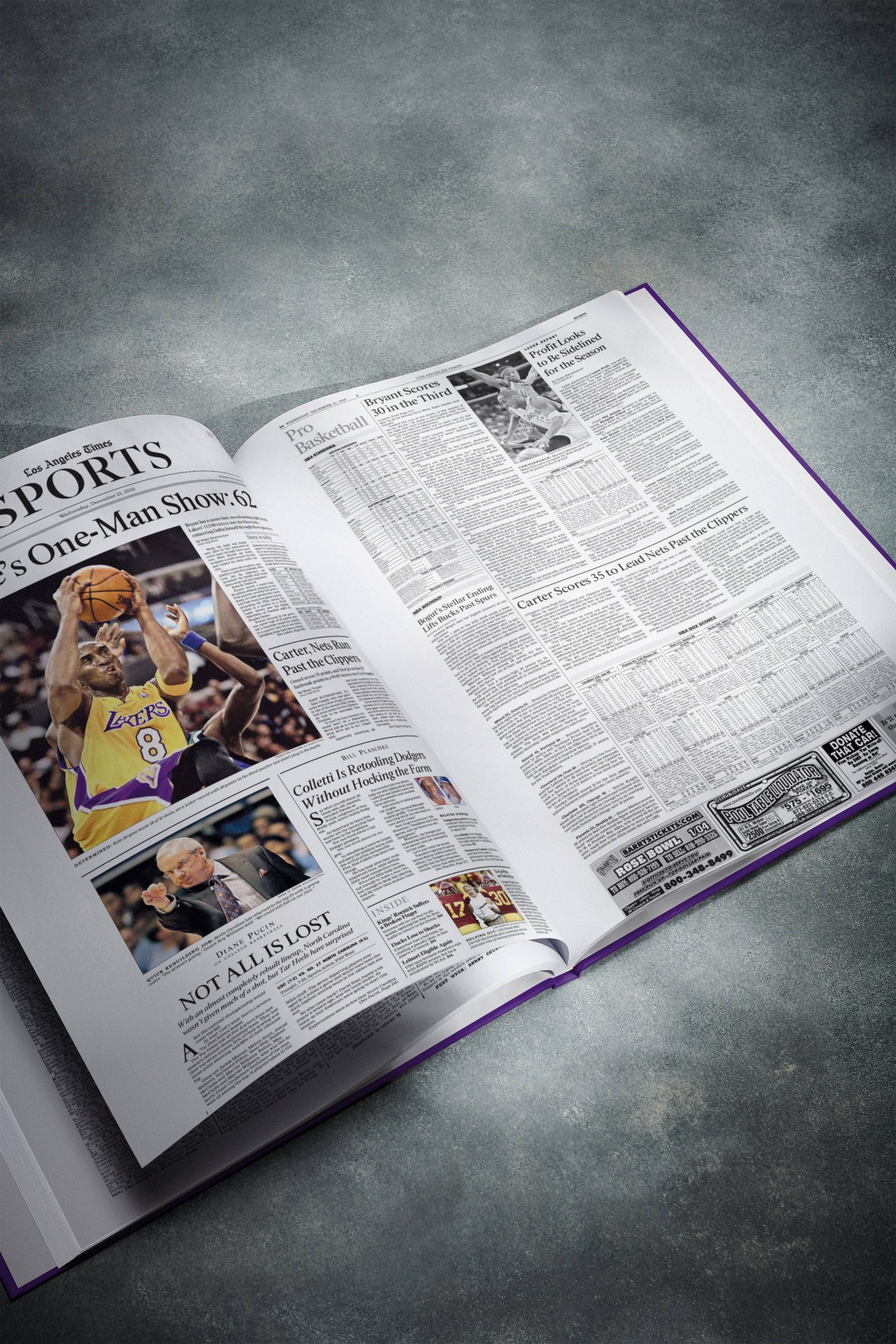
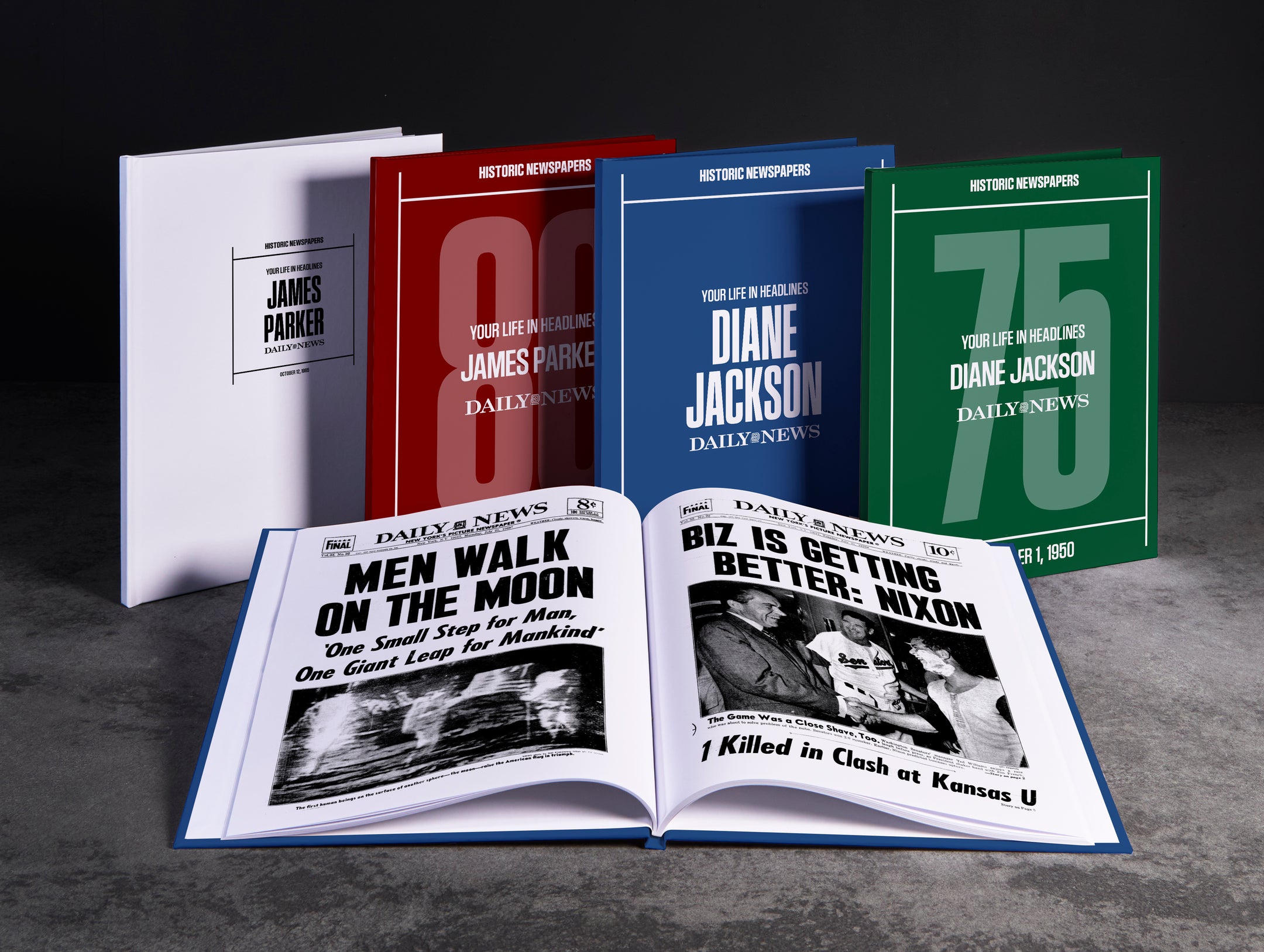
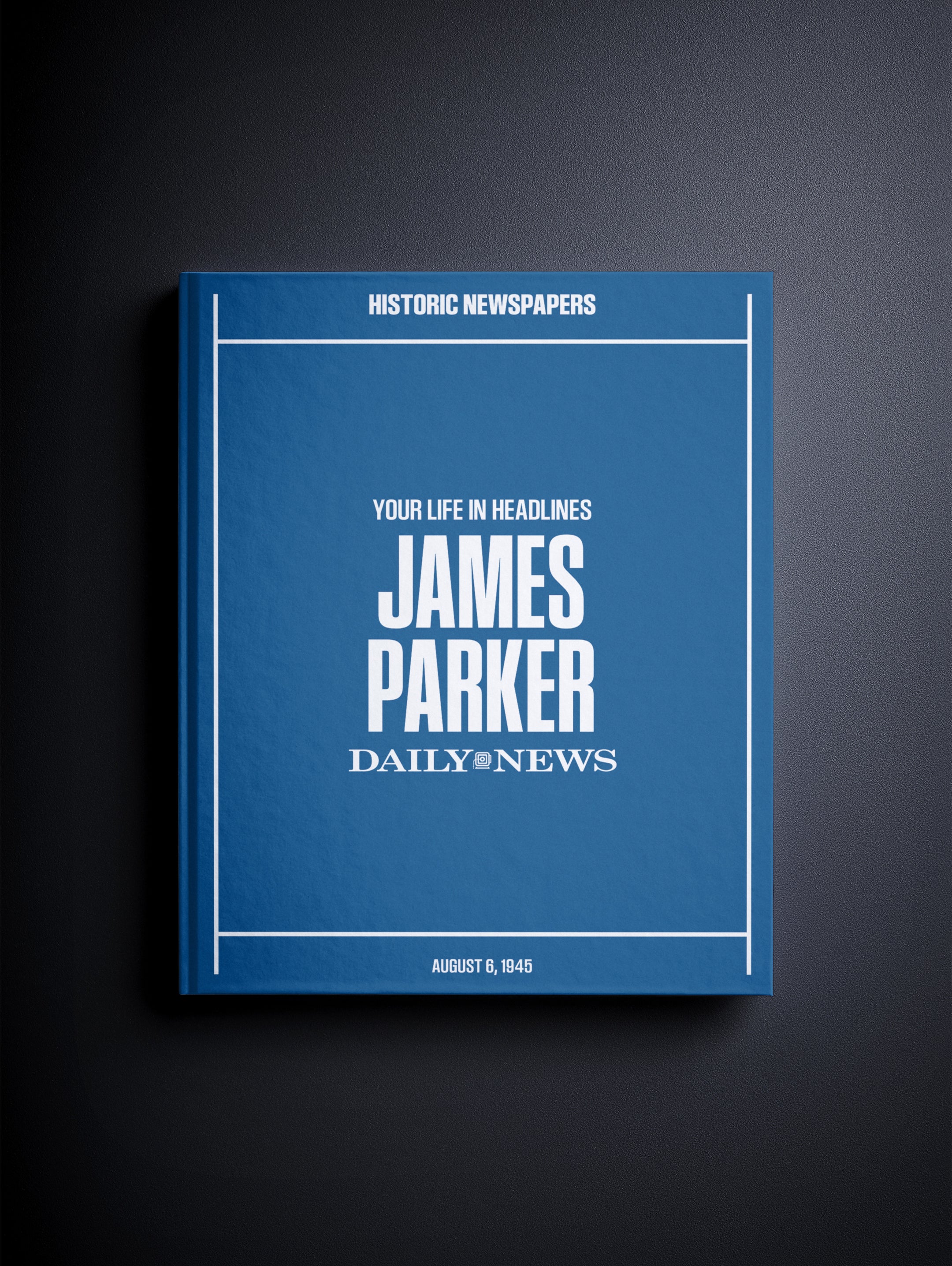
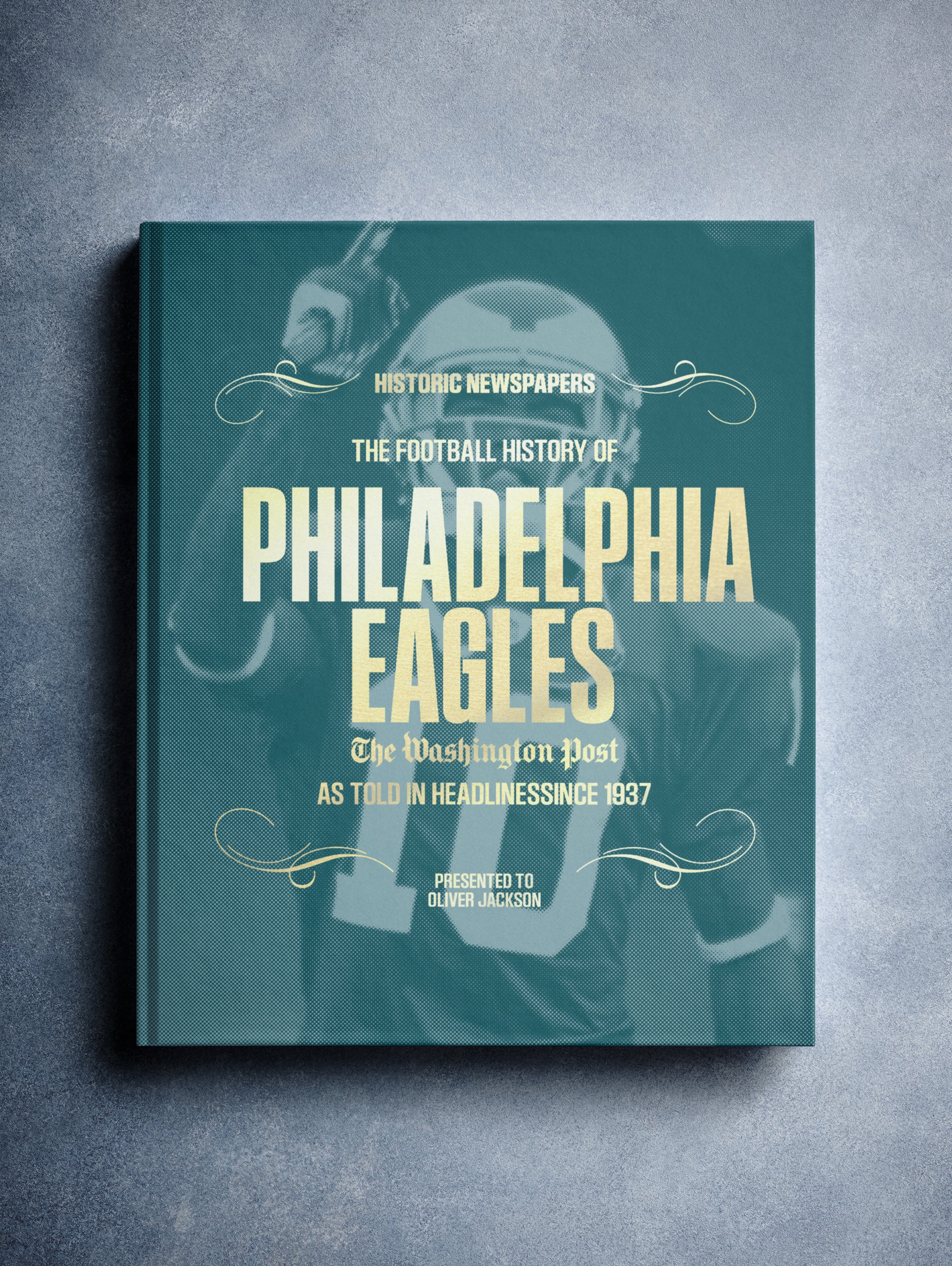

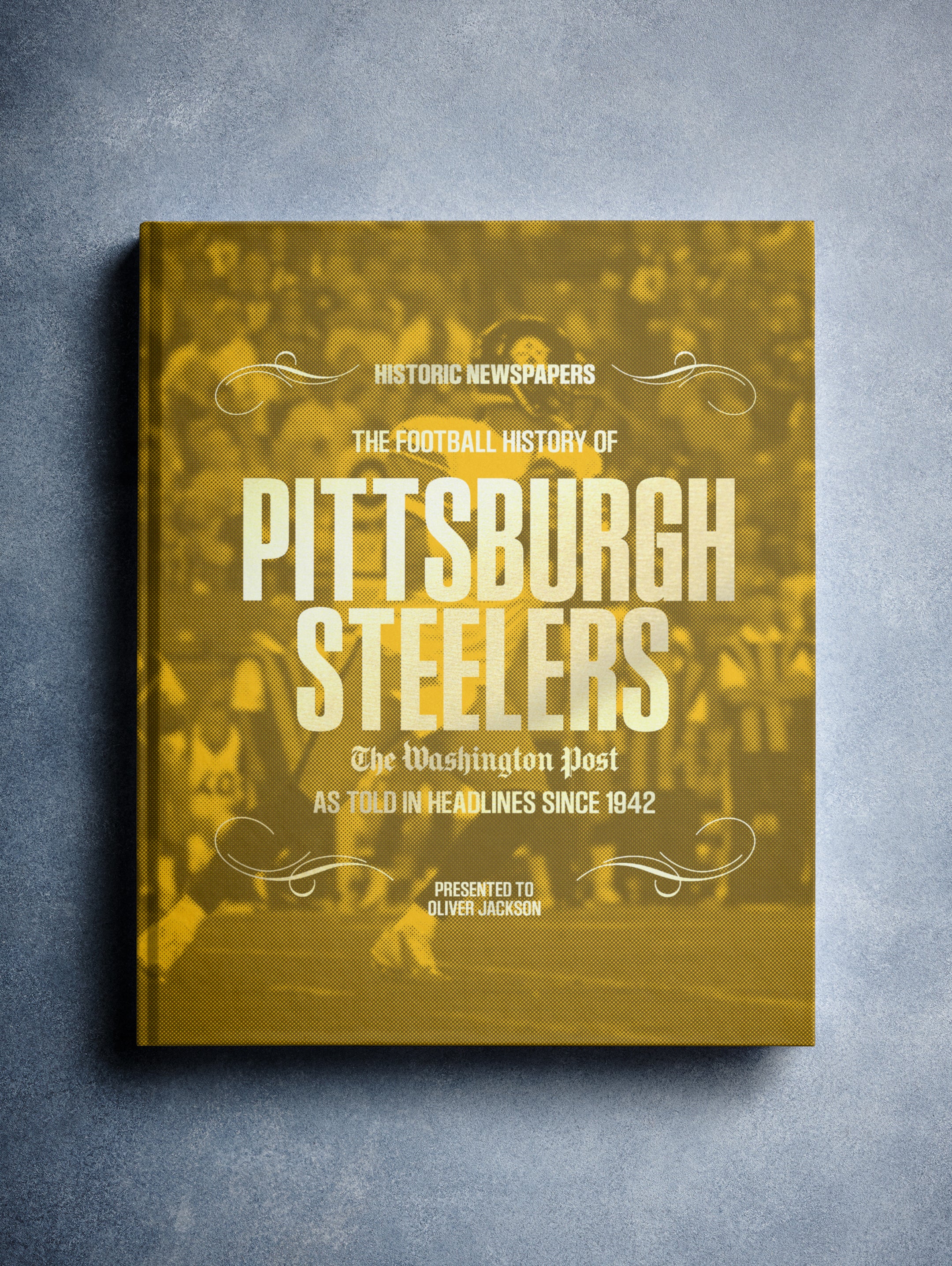



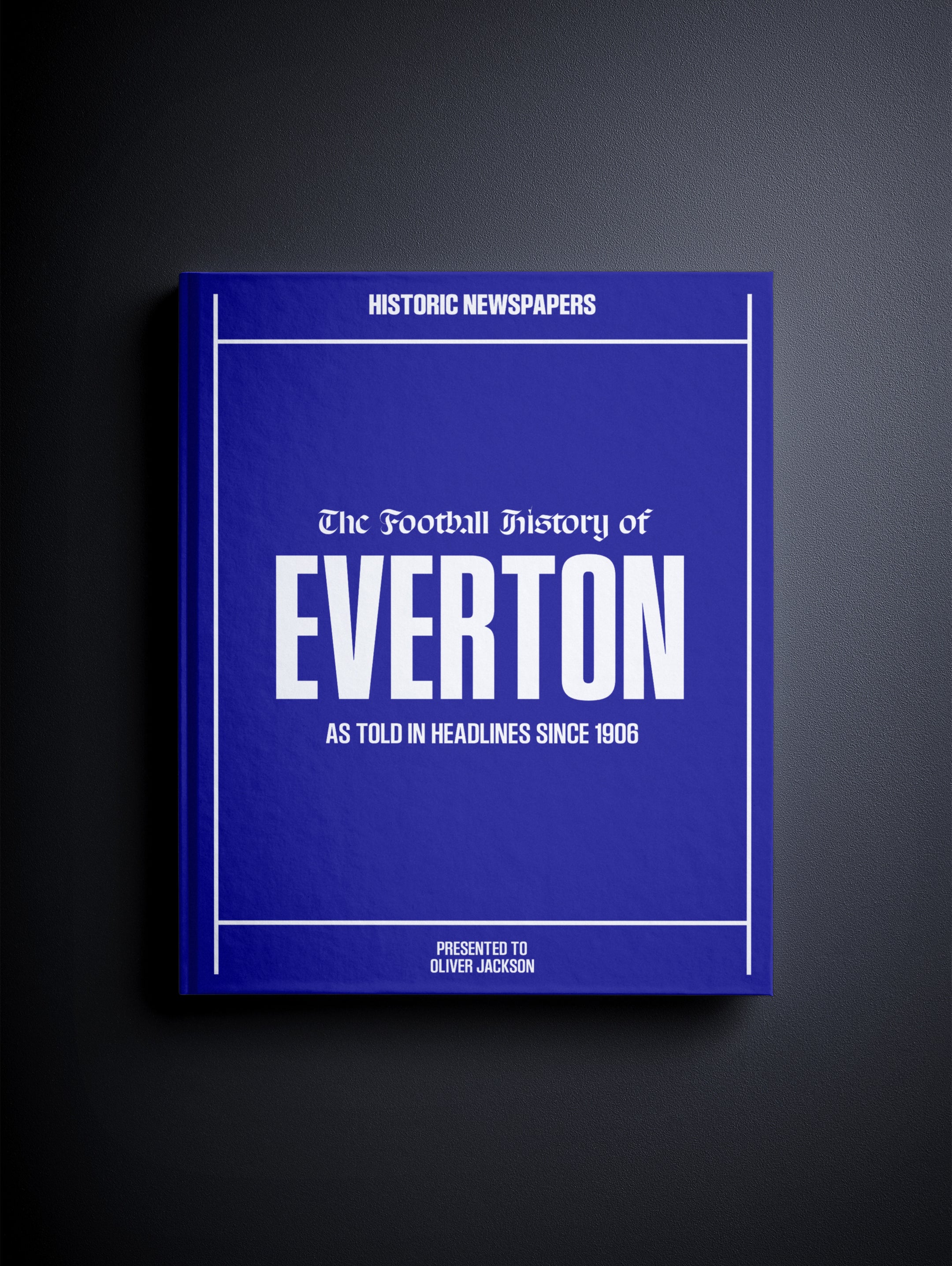
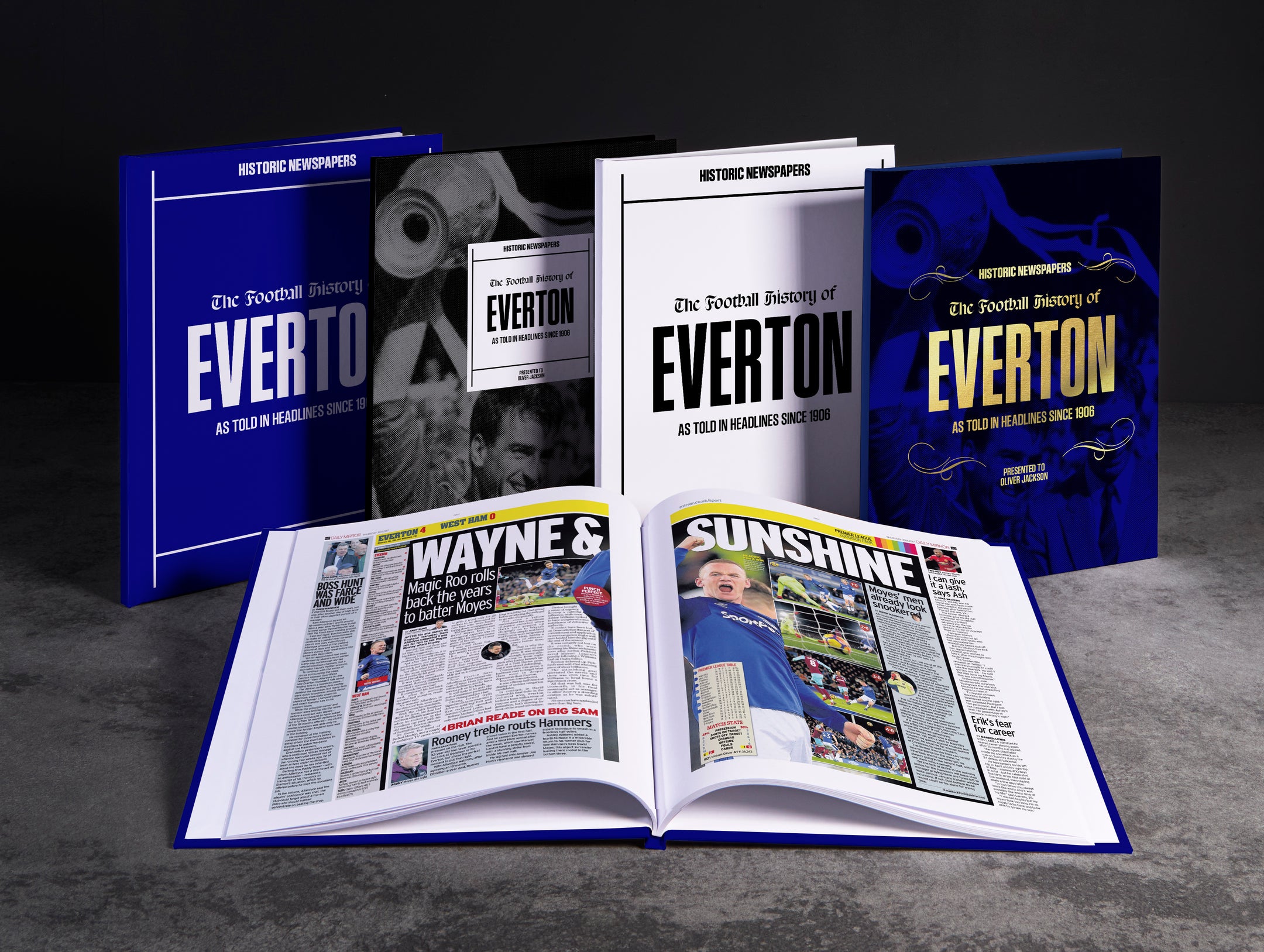
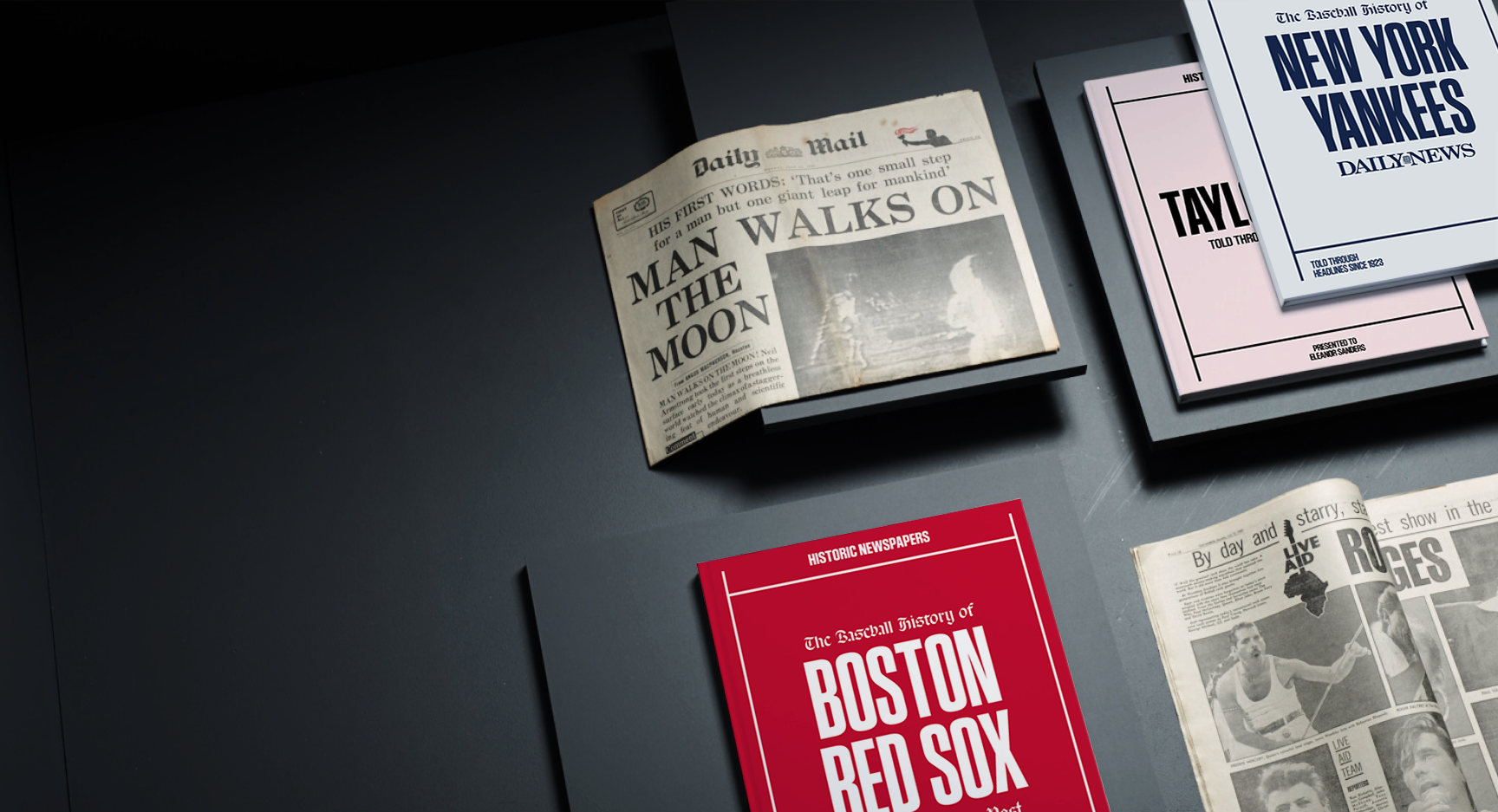
Follow us